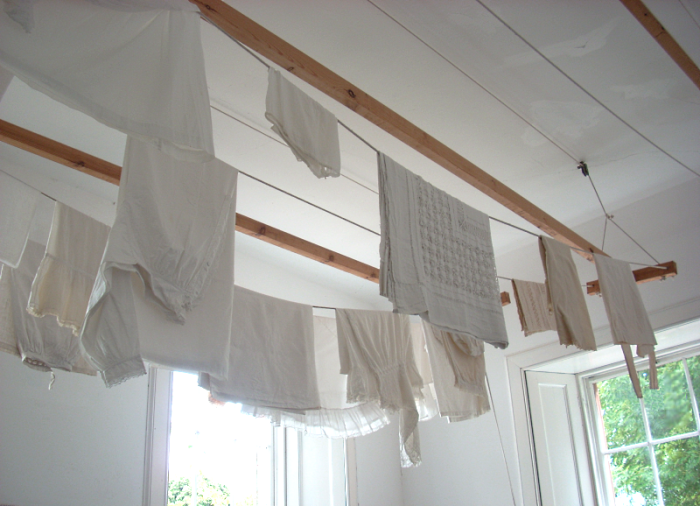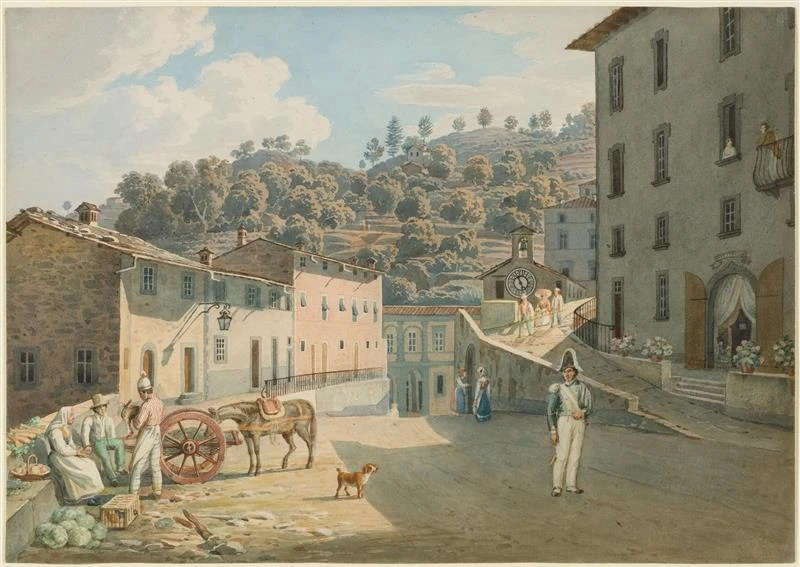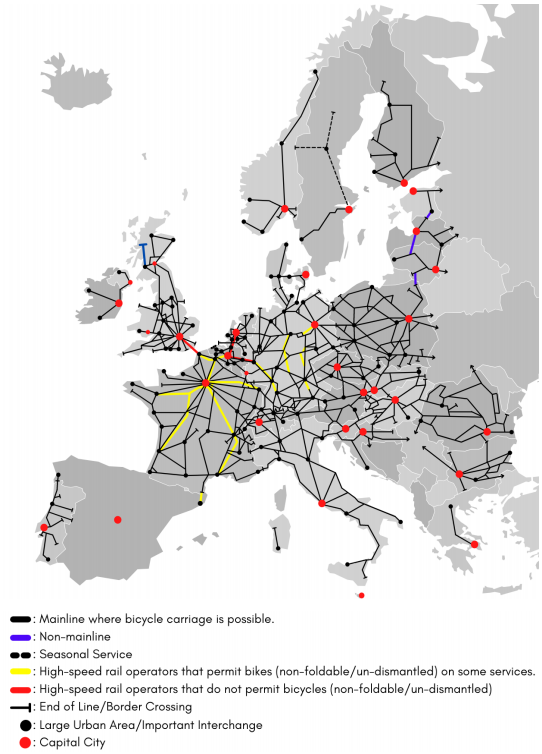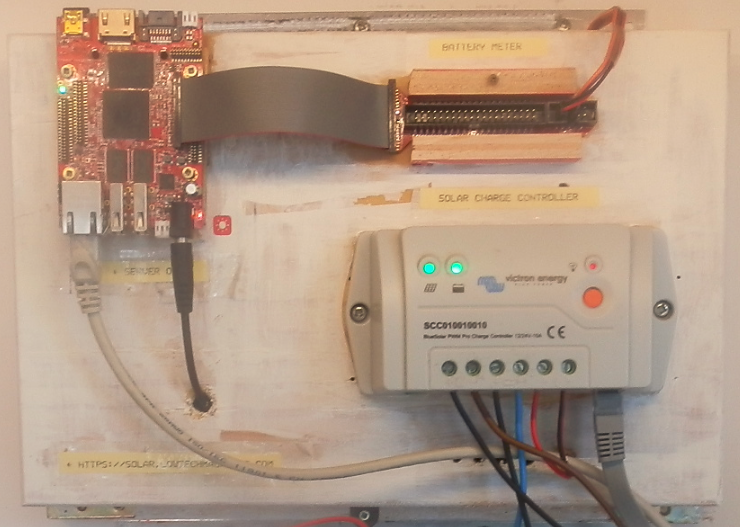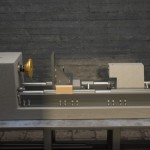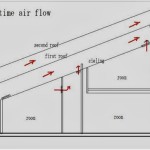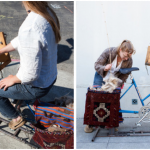Theoretically, science is the contrary of religion because, while the latter is dogmatic, science should be anti-dogmatic, based on rationality and on an objective and empirical methodology. However,… science contributes to create the cultural system whereby we live and that gives meaning to our reality, which is based on some basic assumptions/beliefs: our “faith”.
The core of science has embodied the heritage of Christianity and Hebraism and, in a different way, could be practiced as a religion from many people. For western religions, the past was evil, the present redemption and future heaven. For science the past is ignorance/superstition, the present consists of progress using the tools of science, and the future consists in the positivistic promise of a sort of heaven in the real world.
Quoted from: Aillon, J. L., and M. Cardito. “Health and Degrowth in times of Pandemic.” Visions for Sustainability 14 (2020): 3-23.
Full issue of the magazine (Health and Degrowth Special).
Image by Kārlis Dambrāns – Mobile World Congress 2018, CC BY 2.0.

